13 Rudest Countries In The World, According To Tourists

Not every welcome mat is rolled out with open arms. Sometimes, cultural gaps and local attitudes can turn a dream trip into an awkward or even uncomfortable experience. I’ve gathered stories from travelers who’ve felt that cold shoulder firsthand.
If you want to avoid destinations where the vibe isn’t exactly tourist-friendly, this list will give you the heads-up. After all, feeling at home abroad makes all the difference.
Ready to see which places might not be as warm as you hoped?
1. France: The Cold Shoulder in Paris
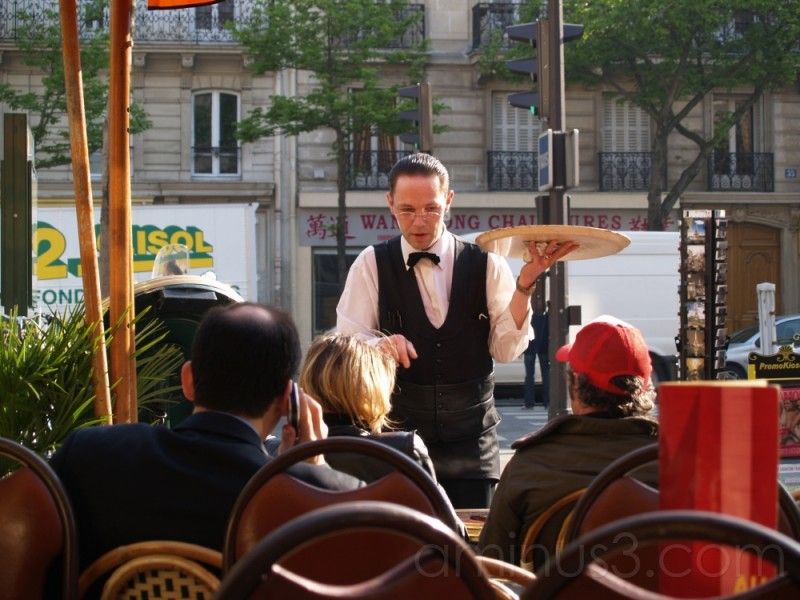
Locals in Paris have mastered the art of the dismissive glance. Many tourists report feeling ignored in restaurants or shops, especially when attempting to speak English instead of French.
The cultural gap extends beyond language – Parisians value privacy and formality, which can seem standoffish to visitors from more outgoing cultures. Outside major cities, however, you’ll often find a warmer welcome.
Try learning a few French phrases before your visit. Even a simple “Bonjour” can dramatically change how you’re treated!
2. Russia: Stern Faces and Brusque Service
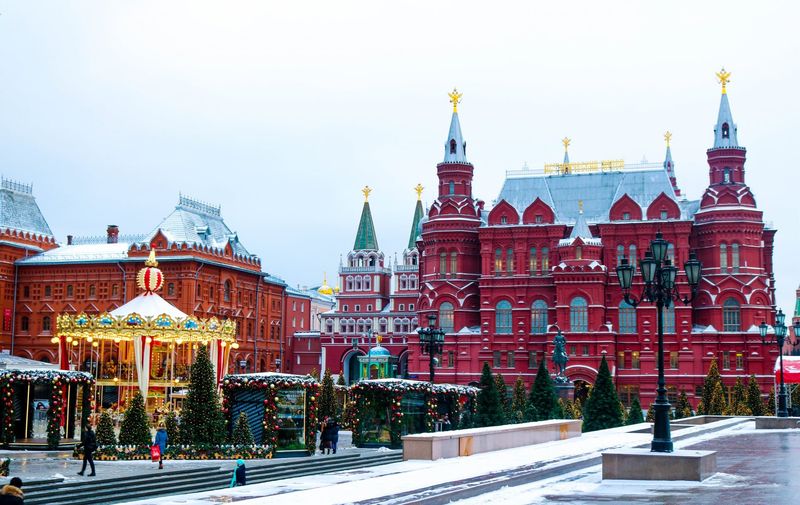
Russians rarely smile at strangers – it’s not rudeness, it’s cultural. In Russian society, smiling without reason is often considered insincere or a sign of foolishness.
Service workers typically maintain a strictly professional demeanor that can feel cold to Westerners accustomed to friendly customer service. The language barrier compounds this impression, as English isn’t widely spoken outside tourist areas.
Did you know? This cultural difference stems partly from Russia’s challenging history, where stoicism became valued as a survival trait.
3. China: Pushing Through Crowds

Personal space? What’s that? With 1.4 billion people, China’s different concept of personal space can shock Western visitors. Queue-jumping, pushing on public transport, and loud public behavior are common.
Many tourists report feeling overwhelmed by the directness of locals, particularly in crowded areas. Spitting in public and other habits considered impolite in Western countries are simply normal here.
Though jarring at first, understanding this cultural difference helps – what seems rude is actually just life in a densely populated country with different social norms.
4. Germany: Blunt to a Fault
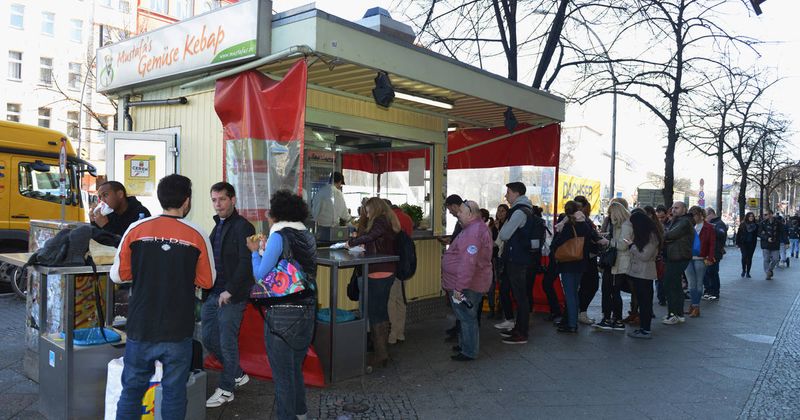
Germans pride themselves on directness, which can come across as rudeness to visitors from cultures that value tact over truth. If something’s wrong with your order, expect to hear about it without sugar-coating.
Rules matter tremendously here. Cross the street against the light, even with no cars in sight, and prepare for disapproving looks or even public scolding. Service in restaurants is efficient rather than friendly – no fake smiles.
The upside? You’ll always know exactly where you stand with Germans, and their honesty is refreshingly authentic once you adjust.
5. Austria: The Land of Grumpy Waiters
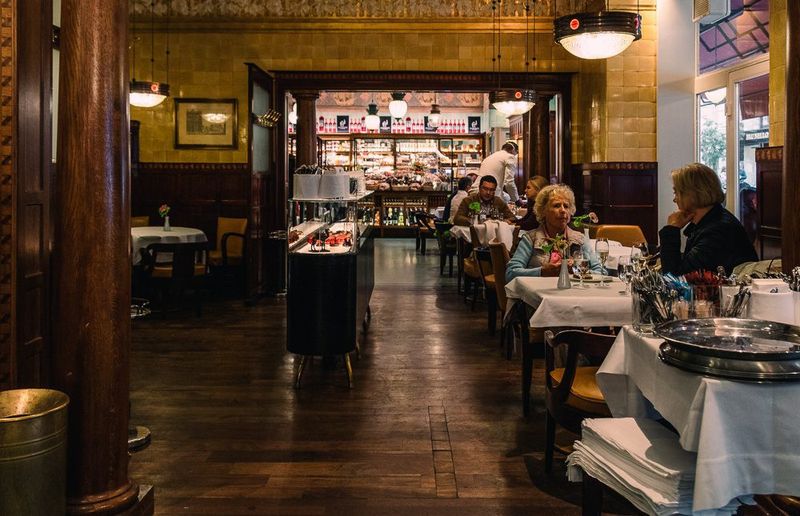
Vienna’s coffee house culture is legendary, but so is the notoriously grumpy service. Austrian waiters often see themselves as professionals rather than servants, resulting in an aloof attitude that can feel unwelcoming.
Tourists frequently report feeling rushed or ignored in restaurants. The famous “Viennese grumpiness” extends beyond dining – shop assistants and service staff rarely engage in small talk or pleasantries.
For Austrians, this isn’t rudeness but efficiency. They value privacy and don’t see the point in forced friendliness, preferring authentic interactions over artificial cheerfulness.
6. United Kingdom: The Wall of Reserve

British politeness can paradoxically feel like rudeness. The famous reserve and reluctance to engage with strangers leaves many tourists feeling isolated, especially in London where avoiding eye contact is practically an art form.
If you’re lost, Brits might help if asked directly but rarely offer assistance unprompted. Public transport is a silent zone where attempting conversation with strangers is considered odd or intrusive.
Look beneath the surface, though, and you’ll discover the British are actually kind – they just believe respecting your privacy is the polite thing to do!
7. Hungary: The Customer Is Never Right
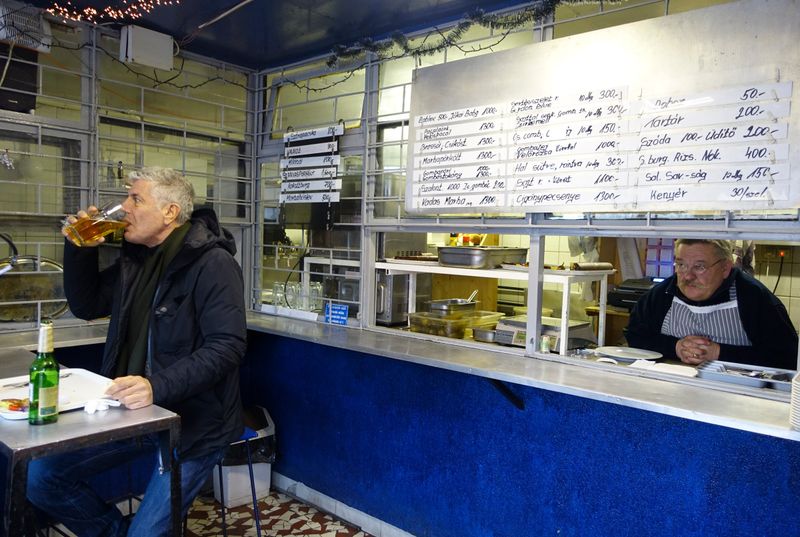
Hungary’s service industry seems stuck in a pre-customer-service era. Tourists often report being treated as inconveniences rather than valued guests, particularly in Budapest’s more touristy areas.
Wait staff might appear annoyed when you ask questions about the menu, and shop assistants rarely hide their impatience. Language barriers exacerbate the issue, with English speakers sometimes receiving colder treatment than those attempting Hungarian phrases.
The historical context helps explain this – decades under communism left little incentive for service workers to please customers in a system where competition barely existed.
8. United States: Fake Friendliness

Surprisingly, many international visitors find American over-friendliness insincere and invasive. The constant “How are you?” without waiting for a real answer strikes many Europeans as superficial.
Americans’ habit of striking up conversations with strangers can feel intrusive to visitors from more reserved cultures. The loud, boisterous nature of American interactions in public spaces can also come across as rude to those used to quieter social norms.
Beyond this, tipping culture creates uncomfortable pressure for tourists, with service workers sometimes treating customers poorly if they don’t understand the unwritten rules.
9. Italy: Chaos and Confusion

Italians’ passionate communication style can overwhelm visitors from more reserved cultures. Shouting, animated gestures, and interrupting are normal parts of conversation here, not signs of anger or disrespect.
Customer service follows its own unique rhythm in Italy. Expect to wait while staff finish conversations with locals before acknowledging you. In tourist hotspots like Rome and Venice, some locals have developed a jaded attitude toward the endless stream of visitors.
Underneath the chaos, though, there’s warmth. Learn a few Italian phrases and you’ll often break through the tourist barrier to experience genuine hospitality.
10. Switzerland: Cold Efficiency
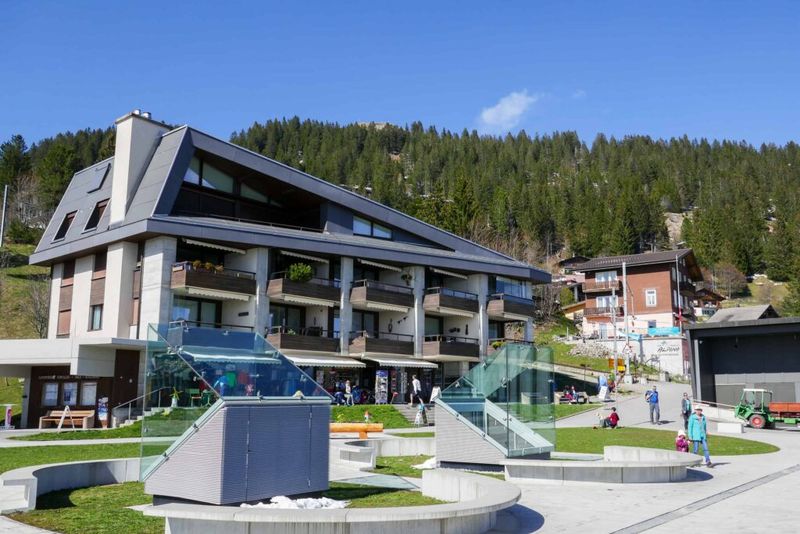
Swiss precision extends to social interactions – brief, efficient, and lacking warmth. Tourists often mistake this cultural preference for rudeness, especially in German-speaking regions where small talk is considered a waste of time.
The Swiss take rules extremely seriously. Violate noise ordinances or recycling protocols and expect immediate correction from neighbors or strangers. Their directness can feel harsh to visitors from cultures that value diplomacy over frankness.
Remember that Swiss people aren’t being intentionally unfriendly – they simply value privacy, precision, and efficiency above social niceties.
11. Denmark: The Icy Nordic Reception
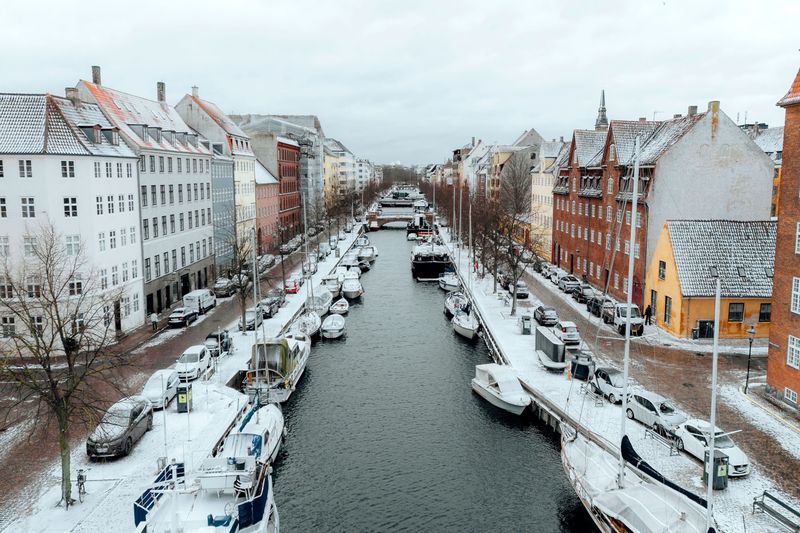
Despite ranking among the world’s happiest countries, Danes can seem remarkably cold to visitors. Their reserved nature and reluctance to engage with strangers creates an impression of aloofness that many tourists interpret as rudeness.
Danish humor is notoriously dry and sarcastic, often lost on visitors. Public transportation experiences can be jarring – Danes rarely offer seats to others unless they’re elderly or pregnant, and small talk is virtually nonexistent.
Interestingly, this perceived rudeness reflects Danish respect for personal boundaries and their belief that everyone should handle their own affairs without interference.
12. Netherlands: Brutal Honesty
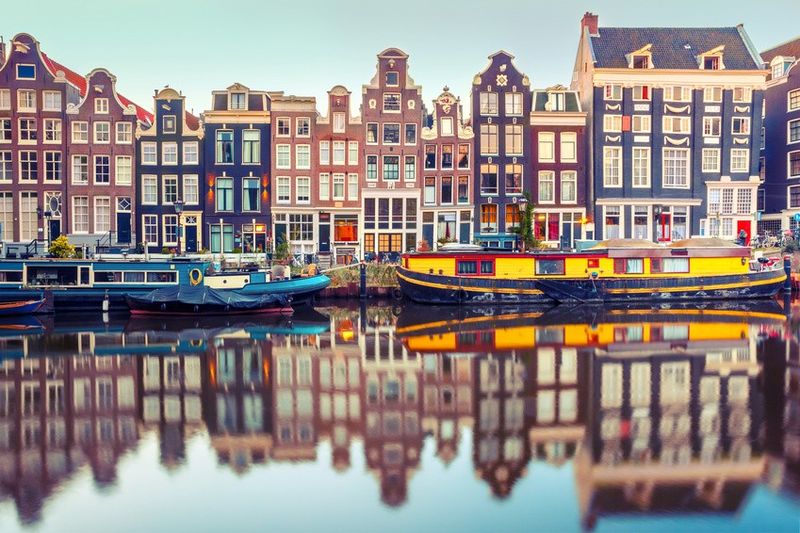
Dutch directness hits like a brick wall for visitors from cultures that prioritize politeness over honesty. If your outfit doesn’t look good, a Dutch person might tell you straight to your face – they consider this helpful, not hurtful.
Service in restaurants is notoriously hands-off. Waiters won’t check on you repeatedly, and getting their attention can be challenging. In stores, don’t expect effusive greetings or offers of assistance unless you specifically ask.
The Dutch value independence and straightforwardness, seeing excessive politeness as wasteful and insincere. Their directness, while jarring at first, is actually refreshingly honest once you adjust.
13. Czech Republic: Service Without a Smile
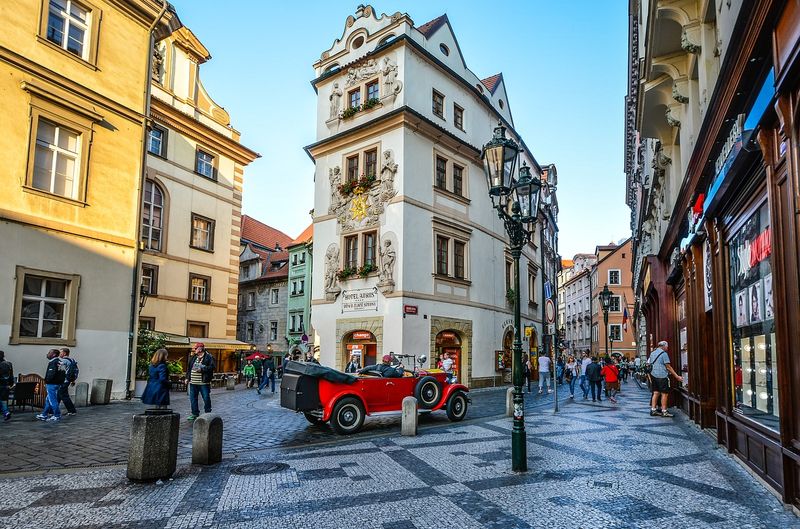
Prague’s beauty attracts millions of tourists annually, but many leave commenting on the chilly reception from locals. The Czech service industry seems to operate on the principle that smiling is not part of the job description.
Waiters may toss menus onto your table without a word and appear annoyed when you ask questions. This stems partly from the communist era when service jobs were considered undesirable and customer satisfaction irrelevant.
Younger Czechs, especially in tourist areas, are gradually adopting more international service standards, but the old-school approach remains common enough to surprise visitors.
